7 Reasons Why Argan Oil Is Good For Your Skin And Hair
By: Priyanka Maheshwari Thu, 24 June 2021 5:58:53
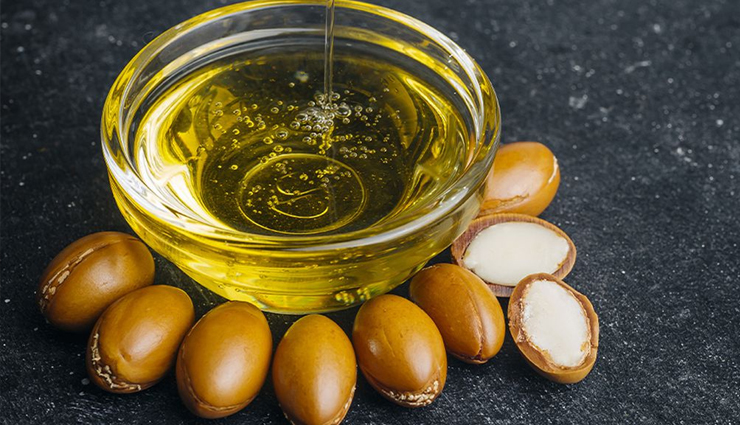
Argan oil, extracted from the fruit kernels of the Moroccan argan tree, is often called “liquid gold” and rightly so, due to its wide range of uses. It not only finds application in day-to-day cooking but has also been used for a long time as a medicinal agent.
Nowadays, the highly beneficial argan oil is a common ingredient of different hair and skin products. This article talks about the various skin and hair benefits of argan oil, which make it a great addition to your skin and hair care routine.
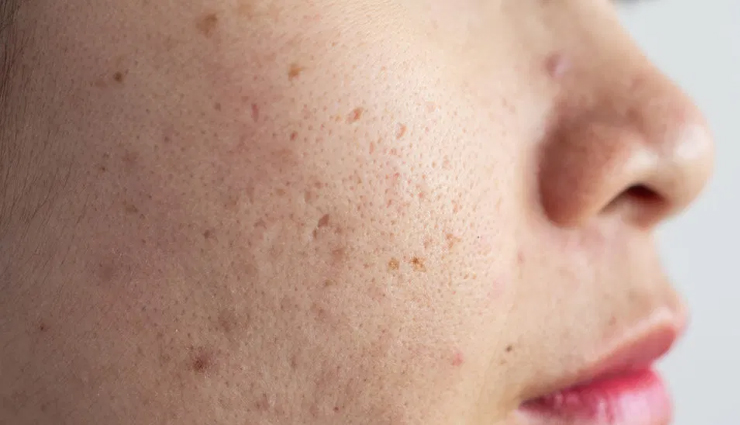
# Helps reduce hyperpigmentation
Melanocyte cells present in the skin release a pigment known as melanin, which is responsible for skin color. The more melanin, the darker the skin.
All your skin cells produce a similar amount of melanin, but excessive sun exposure may stimulate an overproduction of melanin in certain areas. This results in darkening of the skin and formation of skin patches.
Similarly, certain skin disorders and natural aging can also lead to the formation of spots on the skin.
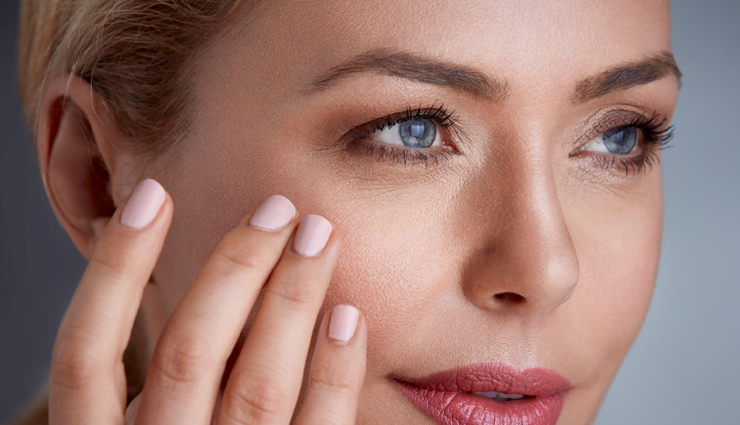
# Reduces the signs of premature aging
Your skin can develop fine lines, wrinkles, dryness, discoloration, and sagging as a result of natural aging. You cannot avoid natural aging, but you can take measures to delay it.
Moreover, it is common to face premature skin aging due to factors that speed up the aging process by increasing the concentration of damaging free radicals in the body. Some of these risk factors include smoking and sun exposure. A high activity of free radicals can also lead to cancer.
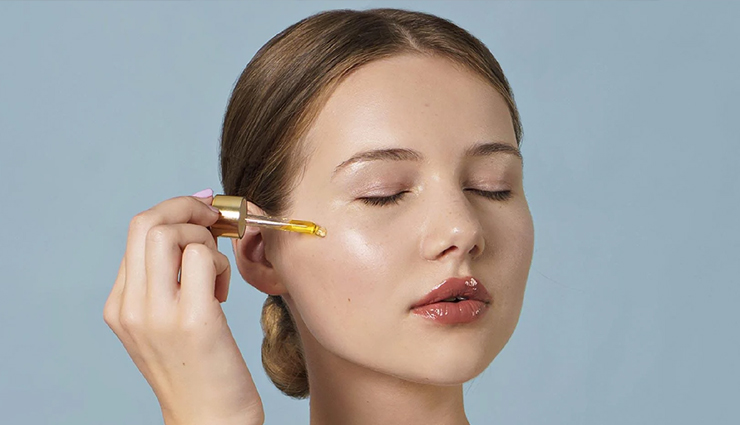
# Moisturizes the skin
Your skin requires proper hydration to stay healthy and maintain its pH balance. If your skin lacks moisture, it can turn dry, parched, rough, and highly susceptible to microbial infections.
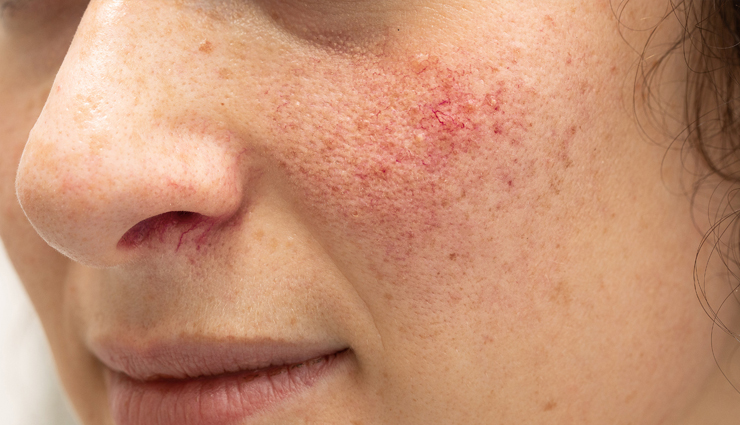
# Lowers skin inflammation
Skin inflammation often occurs at the site of wounds and as an immune response against infection with bacteria, fungi, and other pathogens. It is often accompanied by skin redness, pain, itching, rashes, and localized rise in body temperature.
Skin inflammation is a common symptom of skin disorders such as acne, eczema, rosacea, psoriasis, and atopic dermatitis.
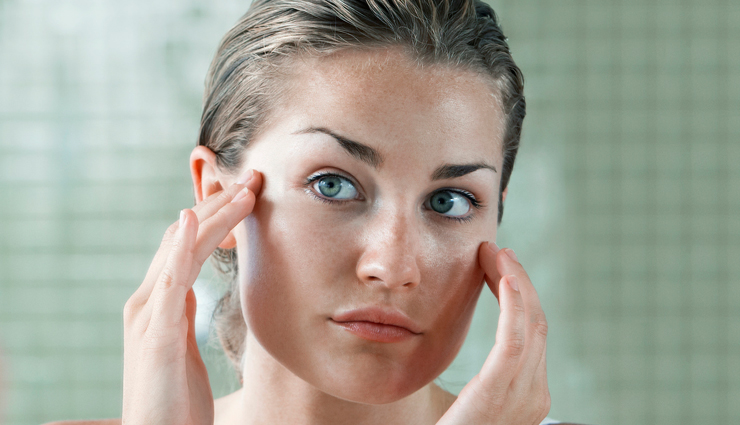
# Promotes skin repair and wound healing
Injuries and wounds can damage the protein content of elastin, collagen, and fibrillin fibers along with the superficial skin layers.
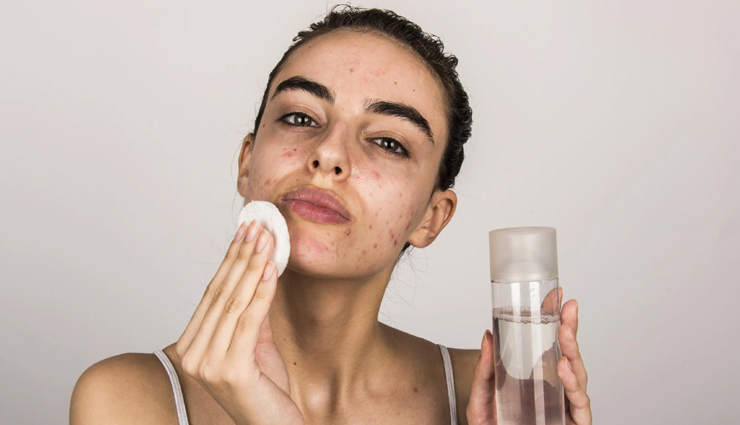
# Helps control oil production
The skin contains sebaceous glands that produce oil or sebum that moisturizes and protects the skin. However, some people may experience increased sebum production, making their skin oily.
The excessive oil not only attracts dirt but also can clog the skin pores and can increase the risk of skin infections such as acne.

# Helps manage stretch marks
It is common for people, especially women, to develop stretch marks as their body grows due to puberty, sudden weight gain, bodybuilding, and pregnancy. The body growth causes the skin layers to stretch and pull, therefore restructuring the inner layers.
As a result, you can see pinkish-red marks on the skin that later develop into white striae.





